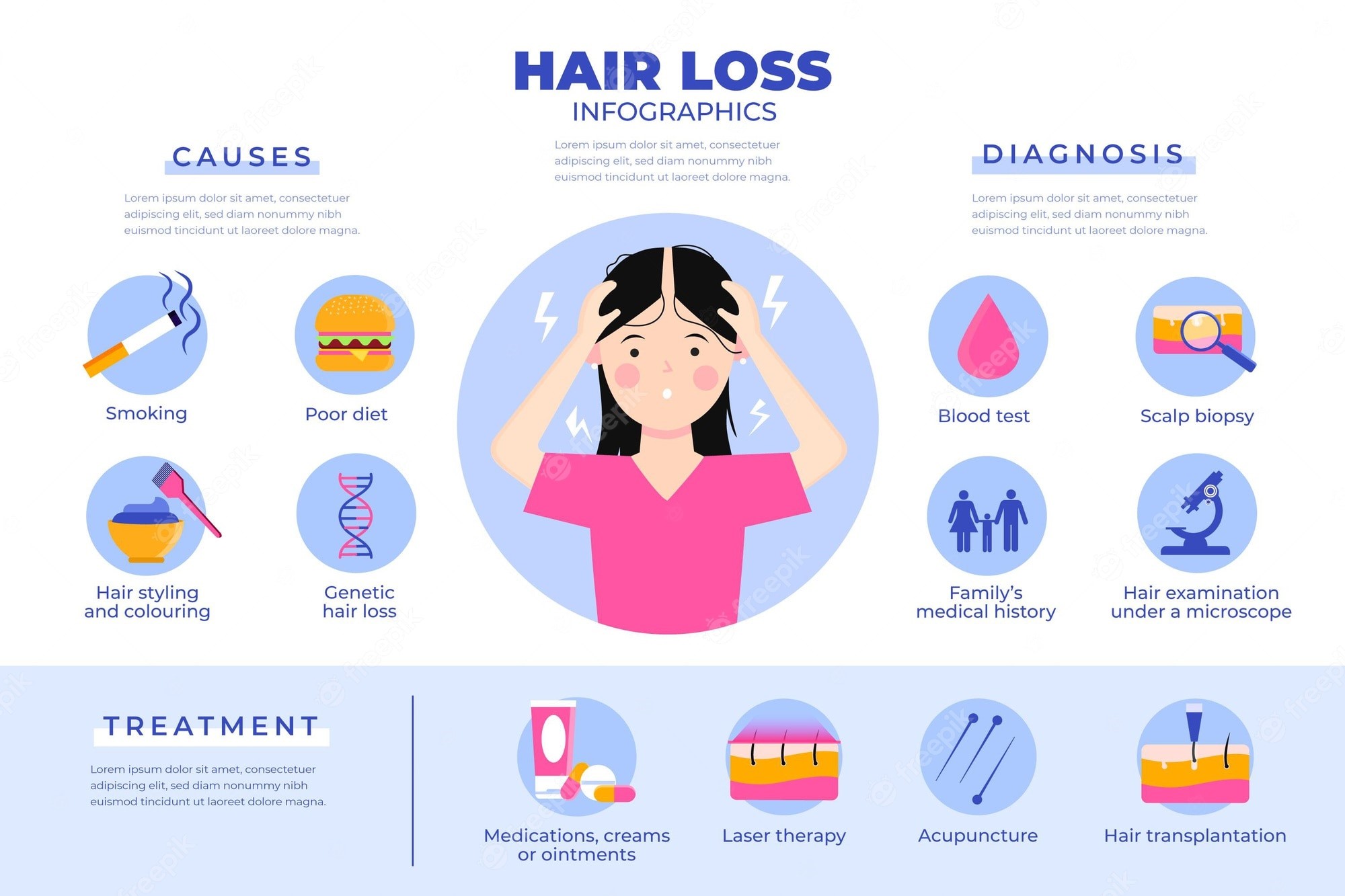Having a breakout even after tweaking your diet, skincare regime, and sleep schedule? Tried numerous skincare products, but those stubborn pimples refuse to leave? Surprisingly, the culprit might be something as basic as water! YES, the hard water flowing from your tap could be behind your acne. This article aims to unravel the connection between hard water and the onset of acne, providing insights on how to manage the situation.
Decoding Hard Water
Before assessing the hard water-acne relationship, it’s crucial to understand what hard water is. Characterized by high levels of dissolved minerals like calcium and magnesium, hard water is a common household problem. Apart from affecting your skin and hair, it can also leave mineral deposits on dishes and clothing. Long-term exposure to hard water can exacerbate skin issues leading to discomforts like body ache and inflammation.
Can Hard Water Really Cause Acne?
The million-dollar question – Is hard water responsible for acne? The answer is affirmative. Hard water can indeed trigger breakouts and acne. Here’s why – the minerals in hard water react with natural skin oils to create a waxy substance that can block pores. Over time, this buildup can result in acne and pimples.
When you cleanse your face, the goal is to eliminate the day’s impurities. Washing with hard water, however, adds a layer of minerals to your skin. As hard water impedes the proper dissolution of soaps and detergents, they fail to thoroughly clean your skin.
Moreover, hard water prevents the complete rinsing off of soap, further irritating your skin. The residual minerals can dry out your skin, trap bacteria, clog pores, and lead to acne. Calcium and magnesium can convert skin oils into comedones, forming waxy plugs that block pores, leading to inflammation, irritation, and breakouts.
For those with acne-prone skin, washing with hard water could be detrimental. Also, conditions like eczema or dermatitis can worsen due to hard water, making the skin more prone to acne and pimples.
Other Impacts of Hard Water on Skin
1. Induces dry skin: Experiencing dry, itchy, irritated skin? Hard water could be the reason. Besides these obvious symptoms, look for tell-tale signs like soap scum, limescale, or consider a hard water test to confirm if hard water is causing your skin dryness.
2. Triggers eczema: Eczema is a skin condition where the skin barrier is weak and easily damaged. Hard water, with its ability to alter the pH of water, can further weaken the skin surface, exacerbating eczema in those who already have it and increasing the likelihood of its onset in others.
3. Causes other skin problems: Hard water robs your skin of its natural oils and leaves a soapy residue that clogs pores and hinders the absorption of moisturizers and lotions.
How to Combat Acne Caused by Hard Water?
Having established the hard water-acne connection, let’s address how to manage acne induced by hard water:
1. Gentle skin cleansing: Use a mild cleanser to clean your face twice daily. This helps remove impurities and excess oil without irritating the skin. Steer clear of harsh scrubs or exfoliators that can aggravate skin irritation.
2. Topical treatments: Use over-the-counter treatments like benzoyl peroxide or salicylic acid that help unclog pores and reduce inflammation. These treatments come in various forms like gels, creams, or cleansers.
3. LED phototherapy: Different light wavelengths target different issues. While blue light kills P. acnes bacteria responsible for most acne, red light reduces inflammation and stimulates collagen production, enhancing skin texture and appearance.
4. Dermatologist consultation: If your acne is persistent or severe, consider visiting a dermatologist. They can prescribe stronger topical treatments, oral medications, or laser treatment to control your acne and reduce inflammation.
Preventing Acne Caused by Hard Water
If you’re worried about hard water triggering acne, consider these preventive measures:
Avoid touching your face: Hands carry bacteria and oil that can be transferred to your face, leading to acne. Remember to keep your hands off your face as much as possible.
Install a water softener: A water softener filters out hardening minerals like calcium and magnesium, helping your skin breathe and drain its natural oils. However, a water softener may not be effective in removing other types of minerals and salt.
Use a Reverse Osmosis System: An RO system filters hard water, preventing acne by removing pore-clogging and skin-irritating minerals. It enhances water quality, reduces soap residue, and prevents skin dryness. RO filtered water helps reduce acne-precipitating impurities, making it an ideal solution for acne-prone skin.
We recommend the SimPureT1-400 tankless reverse osmosis system. Certified by SGS, this water filter uses a 5-stage water filtration process. It effectively removes up to 99.99% of chlorides, chemicals, heavy metals, TDS (like calcium and magnesium), viruses, and over 1,000 other contaminants. Washing your face with filtered water can be beneficial for your skin and is an effective way to tackle hard water-induced acne.
ConclusionIn conclusion, hard water can indeed cause acne. The naturally occurring minerals in hard water like calcium and magnesium prevent the proper dissolution of detergent, soap, or any other cleaning product. As a result, soap residue on the skin can cause skin sensitivity, dryness, and clogged pores. To prevent hard water from causing acne, consider investing in a SimPure T1-400 RO water filter today!

